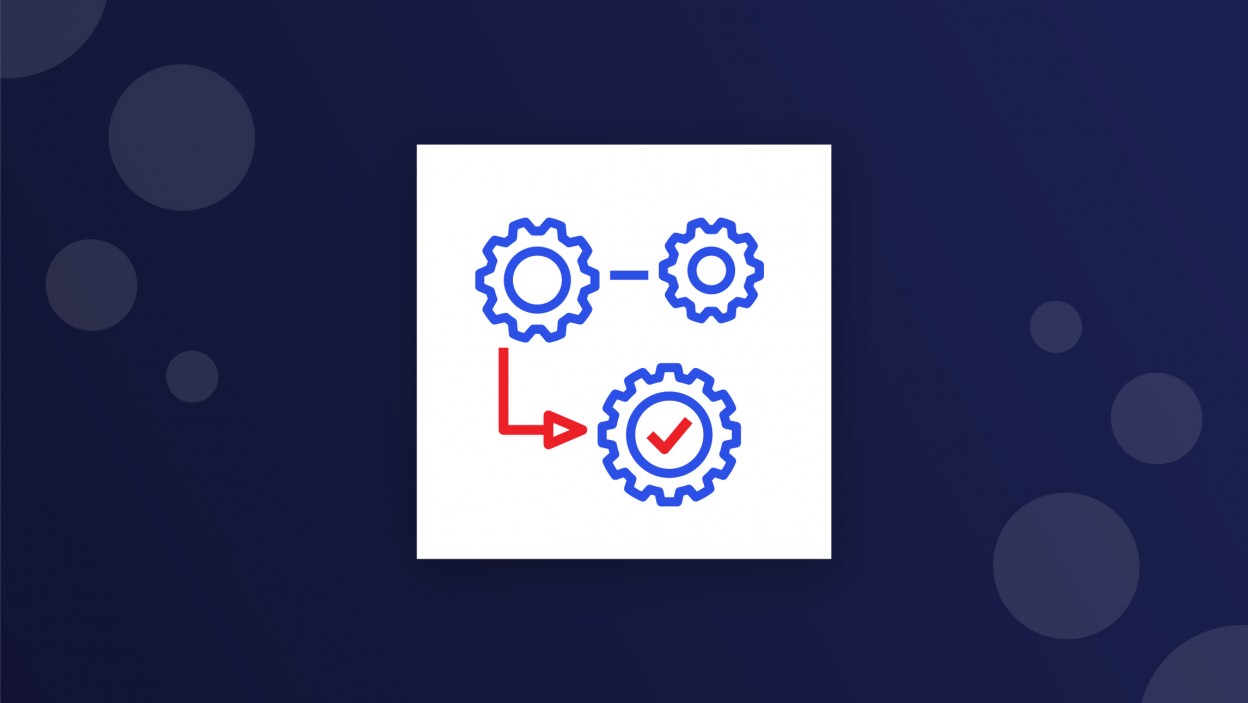In the execution phase, strategic decisions are implemented by dividing them into operational tasks alongside the allocation of resources to match the plans. Defining decision rights, assigning responsibilities, and ensuring a good flow of information across the organization can also enhance strategic success. Let’s dig a little deeper into what strategy versus execution means.
Strategy versus execution
Strategy allows leadership to develop policies, give the organization direction and determine how resources will be allocated. Execution involves the practical skills needed to put plans into action. Strategy is used to envision the future of a business while execution is what gives life to the vision. Some fundamental differences between the two include:
Strategy |
Execution |
| Planning | Implementation |
| Long term goals, objectives, and vision | Assigning and managing resources to achieve strategic goals. |
| Placing forces before the action | Managing forces during the action |
| Entrepreneurial activity | Administrative activity |
| Analytical skills | Leadership skills |
| Logical Process | Operational process |
|
Emphasis on effectiveness |
Focus on efficiency |
Let’s look at what does a good strategy execution require for success.
Keys to successful strategy execution
1. Organizational culture and structure that is receptive to change
Good strategy execution calls for a culture that is flexible and adaptable. This begins with the top leaders who are responsible for communicating strategy and encouraging personal accountability and ownership at all levels.
With every employee being more committed to their action plan, there is going to be better communication up, down, and across the organization resulting in better collaboration. Leadership needs to ensure they clearly communicate strategic vision, plans, and goals. They also need to exploit beneficial behaviors or adapt them to align better with the strategy.
2. Constant communication about what is happening, its impact, and next steps
Of all the secrets to successful strategy execution, communication carries the most weight. And it needs to run in multiple directions, not just top-down. As you communicate strategy, you also need to actively listen for feedback. Even as most decision-making power will remain at the top, it is important to encourage discussion in lower ranks so that all employees feel heard and more vested in the final actionable plans put to them. their feedback can also help to better refine execution ability.
A strategy must be something that is continually adapted as situations and feedback change. As you monitor and track its performance, and receive continuous feedback, you will need to make suitable changes to ensure direction and focus are not lost. Clear and regular communication makes the strategy more understandable throughout the organization.
Where changes are taking place, ensure stakeholders are aware of timelines and their responsibilities. Using a centralized platform that outlines core strategic actions and timelines can help ensure everyone is on the same page as they focus and execute.
3. A sense of urgency around why the organization must transform
Creating a sense of urgency when trying to bring about change helps encourage the cooperation of stakeholders. It calls for leadership to make everyone understand that the future of the organization is at risk if the status quo is maintained. There needs to be a convincing narrative and discussion behind this, backed by data and current market realities. Discussion of the organization’s challenges and failures, and their impact on the bottom line and reputation can help make the call for transformation seem more compelling.
4. Developing skills for transformation
Smaller businesses struggle with this due to a lack of internal skills. It is not practical nor affordable for most to hire such skilled workers for strategy execution. Engaging consulting firms like MicroAgility makes it possible to access the required skillsets and talent needed for transformation at a fraction of the cost. This also places the responsibility of execution in professional hands as you get to focus on your core business. Alternatively, you can use the online consulting platform iAgility to get remote access to such professionals.
5. Free flow of information across organizational boundaries
The horizontal flow of information is important in encouraging economies of scale, better collaboration, and the transfer of best practices. It ensures better nurturing and development of managers and promotes better cross-selling of products and services. Providing opportunities for different teams to meet and discuss their work can help provide valuable insights, resolve conflicts, and promote better teamwork towards common strategic goals.
6. Clear decision rights, responsibilities, and assignments
Every individual within the organization needs to have a clear understanding of their responsibilities and decision rights. These lines often get blurred the larger an organization grows. Having segments where decisions are being overridden can lead to work becoming stalled and hamper the execution of strategies. Some organizational redesign may be required to better define what responsibilities lie with the specific divisions. These changes may be required at both the corporate and operational levels.
Conclusion
Creating a good strategy is nothing if execution is poor. This failure is often the result of an absence of execution expertise, inadequate resource allocation, and poor communication. SMEs need to become more agile when it comes to change. engaging the right talent even before a project begins boosts chances of success.
Unfortunately, trying to recruit such talent can be prohibitively expensive, even on a part-time basis. Working with a consultant is however more favorable. You gain access to a professional that will work for a designated period and will train your staff. Consulting firms like MicroAgility provide experts with whatever skills and talents you need for successful strategy execution.
Gain even easier access to the expertise needed for leading the drive for good strategy execution through the online consulting platform iAgility. Here you can find vetted consultants on demand. Whichever option you choose you are certain to put your organization on a clearer path to achieving your strategic goals.
If you want to learn more about strategy execution, explore our other blog articles here…







